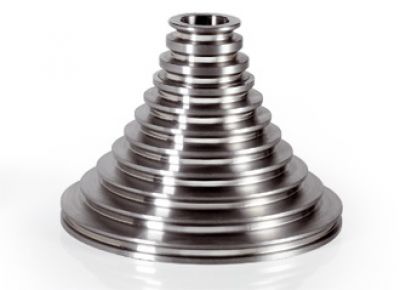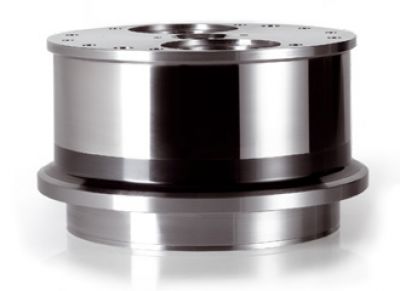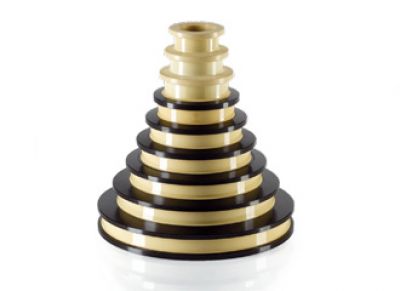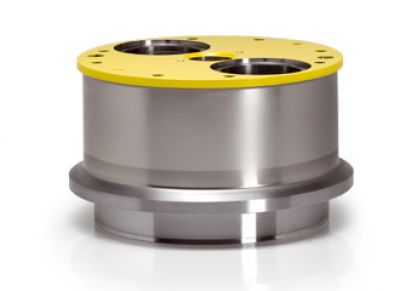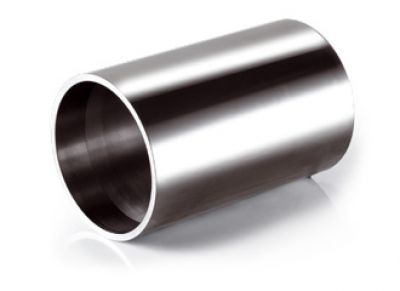Nickel Coatings: A Detailed Analysis of Material, Applications and Benefits
Blog and news on the world of wear-resistant coatings
Nickel Coatings: A Detailed Analysis of Material, Applications and Benefits
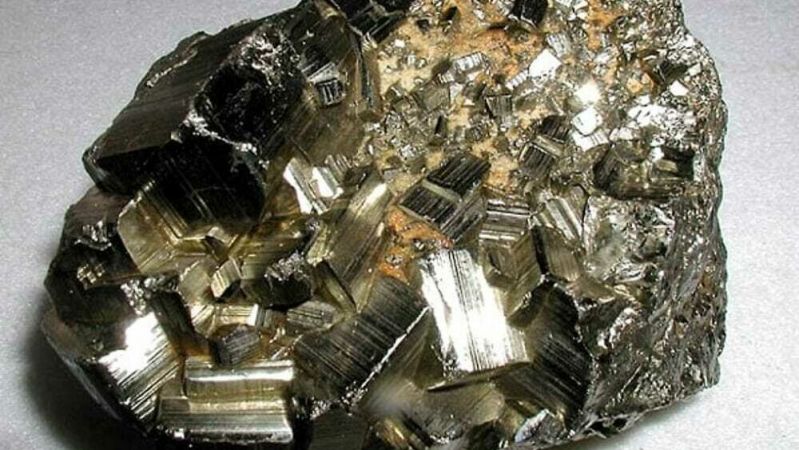
Nickel coatings are a process of applying a thin layer of nickel onto the surface of an object or component.
This type of coating can be used to improve corrosion resistance, increase hardness, improve electrical conductivity, or simply enhance the aesthetic appearance of products.
In recent years, nickel coating have become increasingly important in the world of material technology and manufacturing industry as they offer an efficient and cost-effective solution to improve product properties.
What is Nickel?
Nickel is a chemical element with symbol Ni and atomic number 28. It is a hard, ductile, and corrosion-resistant metal with a silver color. Thanks to its excellent mechanical properties and corrosion resistance, nickel is often used as a coating material to protect other metals from wear, corrosion, and oxidation.
Why is it Used in Coatings?
Nickel coating offer numerous advantages for a wide range of applications. The main advantages include corrosion resistance, wear resistance, and the ability to enhance the mechanical properties of other metals.
Read also What is chemical nickel plating?
In addition, nickel coatings are able to withstand high temperatures and various chemical conditions, making them ideal for use in aggressive environments or at high temperatures.
Nickel Coating for Plant Pipes
Nickel coating is frequently used to protect plant pipes in industrial and chemical environments. Thanks to their corrosion and high-temperature resistance, nickel coating contribute to extending the life of pipes and reducing maintenance and replacement costs.
Nickel coatings can improve the energy efficiency of plants by reducing heat loss through the walls of the pipes and maintaining a constant flow of energy.
Nickel Coatings for Annealing Plants
Annealing plants subject metals to a controlled heating and cooling process to improve their mechanical properties, such as ductility and strength.
Discover more Anti-corrosion coatings for mechanical parts: the advantages
Nickel coatings are used in these plants to protect metal surfaces from the effects of corrosion and oxidation, which can occur during the annealing process. These coatings provide a thermal barrier that helps tomaintain a constant temperature inside the plant, ensuring even heating of the material and optimal annealing results.
New Insights on Nickel Coatings
Choosing the Right Coating Process
There are several methods for applying nickel coatings, including electroplating, vapor deposition, and spray metallization.
Choosing the appropriate method will depend on the specific requirements of the application and the desired characteristics of the final coating. It is important to carefully evaluate the available options and consult with an expert to determine the most suitable process for your needs.
Maintenance and Inspection of Nickel Coating
To ensure maximum durability and performance of nickel coatings, it is important to follow appropriate maintenance and inspection guidelines.
This may include regular cleaning of coated surfaces, visual inspection to check for any signs of wear or corrosion, and if necessary, application of a new coating to ensure continuous protection.
Using Nickel Alloys
In some cases, the use of nickel alloys may offer advantages over pure nickel coatings. Nickel alloys, such as those based on nickel-chromium, nickel-copper, or nickel-iron, can offer additional properties such as increased wear resistance, better corrosion resistance in specific environments, or better adhesion to the metal substrate.
Read also Worn capstan: here’s how to recover it
Carefully evaluating the application requirements and desired coating characteristics can help determine whether the use of a nickel alloy is the best choice.
In conclusion, nickel coatings offer numerous advantages for a wide range of industrial applications, including protecting plant pipes and annealing plants. Understanding the properties of nickel, available coating methods, and maintenance and inspection guidelines can help make the most of the benefits offered by nickel coatings and ensure optimal results for your applications.
Do you want more information or request a free and no obligation quotation?
The our products Paganoni
Fiscal code 00231210139
VAT number IT 00758810147
R.E.A. Lecco n. 128509
Fully paid-up capital €1.138.882,50
Address
Registered office:
Via dei Livelli, 6
IT 23842 - Bosisio Parini (LC)
Operational headquarters:
Via XXV Aprile, 44
IT 23841 - Annone di Brianza (LC)
Contacts
-
PEC: marionava@legalmail.it
-
+39 031 87.62.10
© Paganoni. Mario Nava S.p.A. Tutti i diritti riservati. | Privacy Policy | Termini d'uso | Cookie Policy


